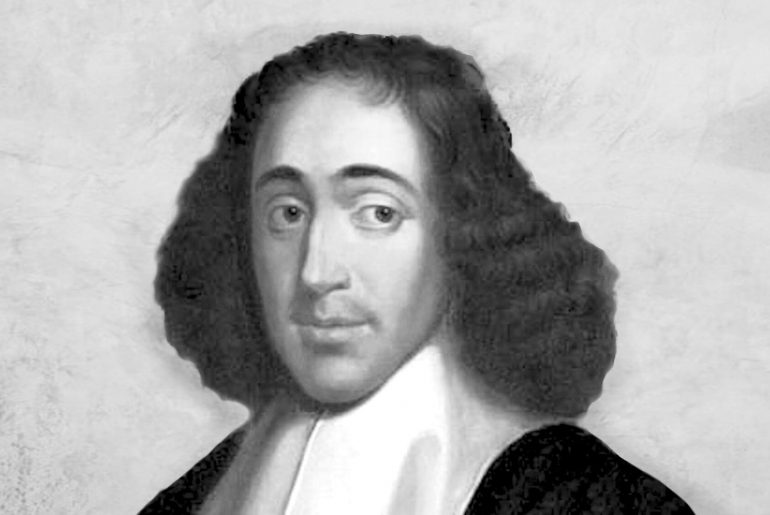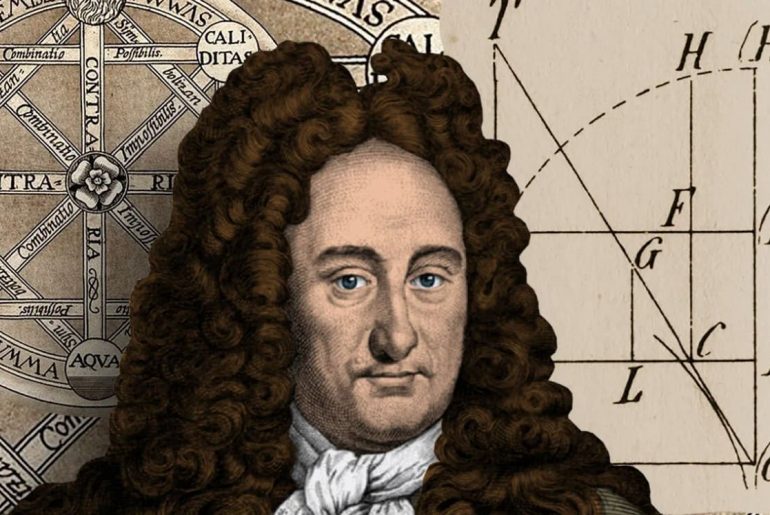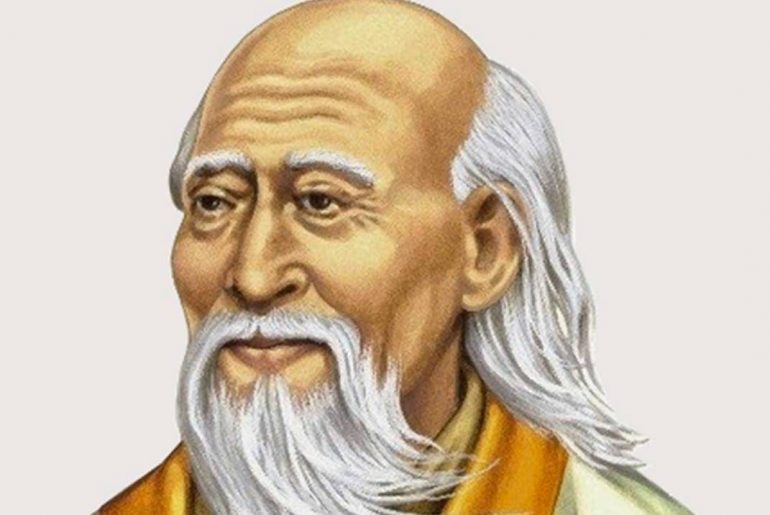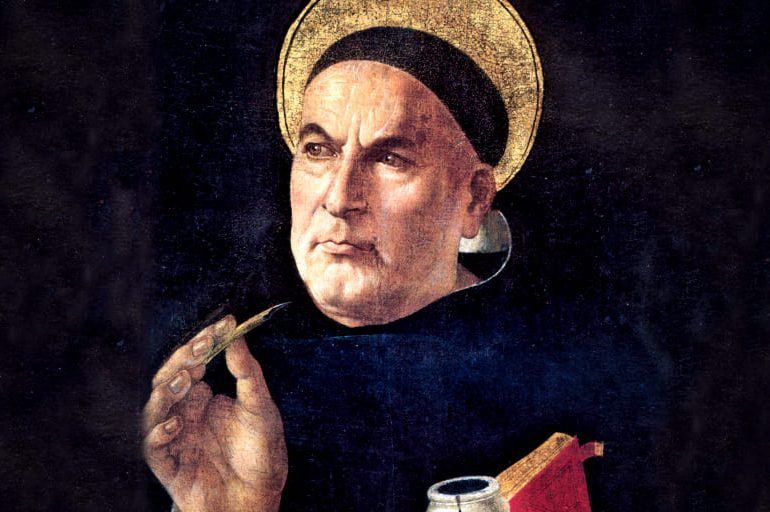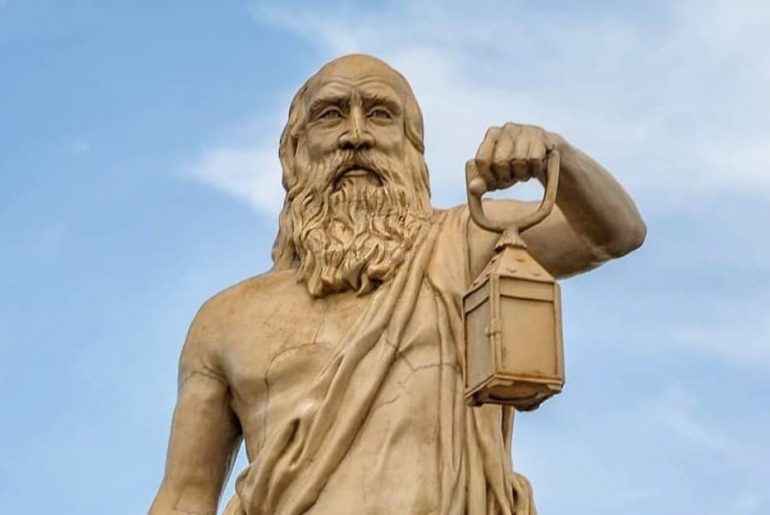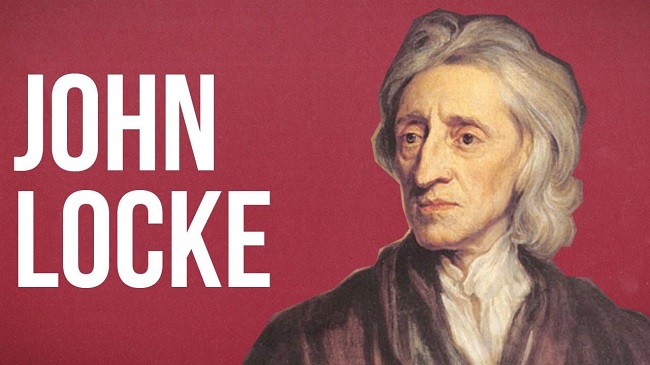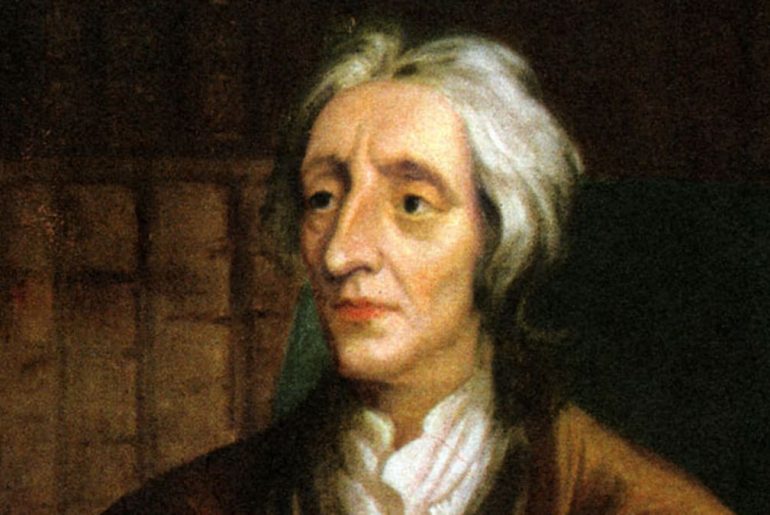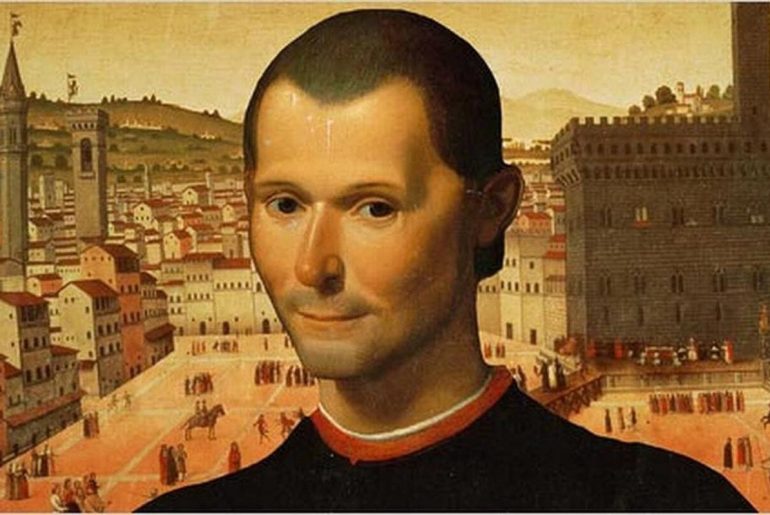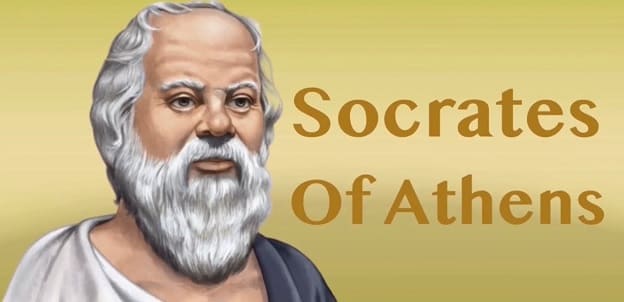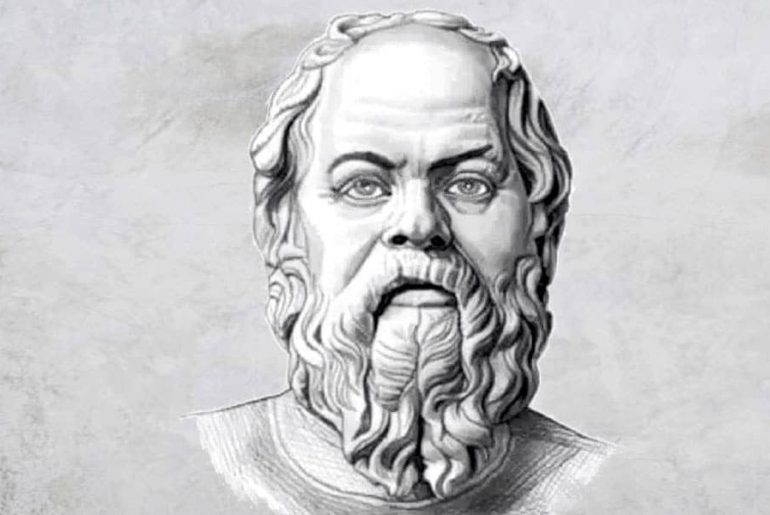The Dutch philosopher with Sephardic (Iberian-Jewish) ancestors was a rationalist and is considered one of the founders of modern Bible criticism. Baruch Spinoza (Latinized: Benedictus de Spinoza) taught a philosophy of pantheism and ethical rationalism. He recognizes the human being fitted into a world order, who finds happiness in an independent way. God is the substance for him, so all earthly things are divine modes of existence. Spinoza equates God with nature and thus makes him perceptible. True knowledge, which is equal to the striving for reason, leads to virtue. The highest degree of virtue is the knowledge of God…
Benedictus de Spinoza was born into a Portuguese-Jewish merchant family on November 24, 1632 in Amsterdam.
Spinoza also called himself Baruch de Spinoza as a Latinization of Benedictus. Before the inquisitorial persecution of Spain at the end of the 16th century, his father emigrated from the Portuguese Vidiguera to the Netherlands. At the age of five, Baruch Spinoza was accepted into the Jewish community “Ets Haim”, which means “Tree of Life”. He attended the Talmud Torah school and came into contact with the Jewish faith and scholasticism. He also learned Hebrew there. In 1649 Baruch Spinoza’s half-brother died. From this time on he worked as a merchant in his father’s business. At the same time, he educated himself through studies.
Spinoza dealt with the works of René Descartes, Francis Bacon, Thomas Hobbes, Giordano Bruno and Thomas Campanella, which strongly influenced his thinking. As a result, he gradually moved away from his Jewish faith, but then more and more rigorously. In his critical view of the Jewish faith, he developed a concrete doubt about it. Spinoza’s criticism led to his expulsion from the Jewish community in 1656. Spinoza developed his criticism further in his major work Ethics, published in 1667. In this he orientated himself strongly towards Descartes’ method, in which truth can only be found through mathematical thinking. Due to his exclusion from the community, Spinoza had to give up his business operations due to economic hardship.
Spinoza then worked as a grinder of optical glasses. In the period from 1661 to 1663 he lived in Rijnsburg, where his first writings emerged. His themes are already laid out there, which he then worked on using mathematical methods in his main work. During this time the fragmentary work entitled “Treatise on the Perfection of the Mind” was written, but it was not published until 1677, the year of his death. In 1663 Spinoza left Rijnsburg and moved to Voorburg. It was there that work on “Ethics” began. He also commented on current intellectual events. Spinoza used the conflict between the Calvinists and the liberal supporters of the Dutch politician Jan de Witt, who was later murdered, to publicize his views on tolerance in religion and politics. In 1669 he moved to The Hague.
There his “Tractatus Theologico-Politicus” was published in 1670, which was banned four years later. In 1673 he rejected the appointment to a professorship in philosophy at the University of Heidelberg by the Palatinate Elector Karl Ludwig. Spinoza wanted to remain independent in his opinion. According to Spinoza, knowledge of the order and laws of nature leads to happiness. And the higher this knowledge, the higher the bliss, because then the person recognizes best what is good for him. There is nothing in nature that goes against its laws. Certain causes also have certain effects that are produced in a fixed chain. So it is with the soul, which, as it cognizes a thing, continually produces effects in an objective manner.
For Spinoza, the soul belongs to nature, which is revealed to man in extension and thought. Nature is therefore matter and spirit at the same time. All things in the world, all ideas are modifications of a single substance that is eternal and infinite. Beyond this substance there is no being. Spinoza equates this substance with God. For him, nature is to be equated with God, who thereby becomes perceptible and is no longer a transcendent being. This means for him in turn, if man recognizes as many individual things as possible, the more he recognizes God. The higher the knowledge, the higher the affection for God, in which man’s happiness consists. Spinoza teaches here a strict determinism to which man is exposed. Man’s apparent freedom consists of his unawareness of this determinism.
Spinoza’s teachings were initially controversial and met with little approval. General interest in it grew in the context of a conflict between the philosopher Friedrich Heinrich Jacobi and Moses Mendelssohn over Gotthold Ephraim Lessing’s views of Spinoza. Johann Wolfgang von Goethe and Friedrich Herder contributed to the spread and high acceptance.
Benedictus de Spinoza died of tuberculosis in The Hague on February 21, 1677.
What is Spinoza famous for?
Among philosophers, Spinoza is best known for his Ethics, a monumental work that presents an ethical vision unfolding out of a monistic metaphysics in which God and Nature are identified.
What is Spinoza’s idea of God?
Spinoza’s most famous and provocative idea is that God is not the creator of the world, but that the world is part of God. This is often identified as pantheism, the doctrine that God and the world are the same thing – which conflicts with both Jewish and Christian teachings.
What kind of philosopher is Spinoza?
Benedict de Spinoza, Hebrew forename Baruch, Latin forename Benedictus, Portuguese Bento de Espinosa, (born November 24, 1632, Amsterdam—died February 21, 1677, The Hague), Dutch Jewish philosopher, one of the foremost exponents of 17th-century Rationalism and one of the early and seminal figures of the Enlightenment.
Did Spinoza believe in the Bible?
Spinoza disagreed fundamentally with Christianity. He denied the personality of God essential to the Christian faith. He did not comprehend the meaning of Christ’s incarnation, but believed that Jesus perceived and taught the highest truths.
What religion is Spinoza?
Spinoza is widely regarded as either a God-forsaking atheist or a God-intoxicated pantheist, but Clare Carlisle says that he was neither. In Spinoza’s Religion, she sets out a bold interpretation of Spinoza through a lucid new reading of his masterpiece, the Ethics.
How does Spinoza prove God exists?
Spinoza attempts to prove that God is just the substance of the universe by first stating that substances do not share attributes or essences, and then demonstrating that God is a “substance” with an infinite number of attributes, thus the attributes possessed by any other substances must also be possessed by God.
Did Spinoza believe in prayer?
Throughout his text, Spinoza was keen to undermine the idea of prayer. In prayer, an individual appeals to God to change the way the universe works. But Spinoza argues that this is entirely the wrong way around.
Did Spinoza believe in life after death?
They understand that there is no afterlife, no post-mortem realm of reward and punishment, no world-to-come. When a person dies, there is, for that person, nothing. In this respect, Spinoza’s view is closer to that of Epicurus. For Spinoza, there is no immortal soul or self that persists beyond this life.
Does Spinoza believe in free will?
“Spinoza denied free-will, because it was inconsistent with the nature of God, and with the laws to which human actions are subject. … There is nothing really contingent.
What did Spinoza say about God and nature?
Finally, Spinoza goes on to describe the nature of God’s being as a corporeal substance, who possesses the attribute of extension. According to Spinoza, God is also a corporeal substance who possess the attribute of extension. By corporeal substance, Spinoza means that God is necessarily equivalent to Nature.
What are Spinoza’s ethics?
This is the fundamental principle of the Ethics….” Spinoza holds that everything that exists is part of nature, and everything in nature follows the same basic laws. In this perspective, human beings are part of nature, and hence they can be explained and understood in the same way as everything else in nature.


